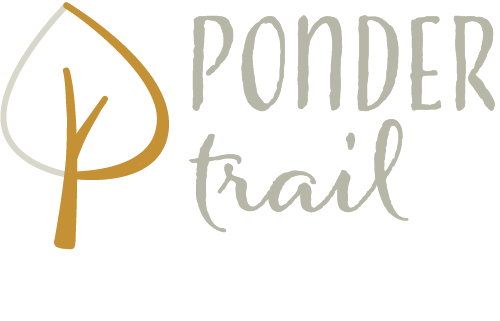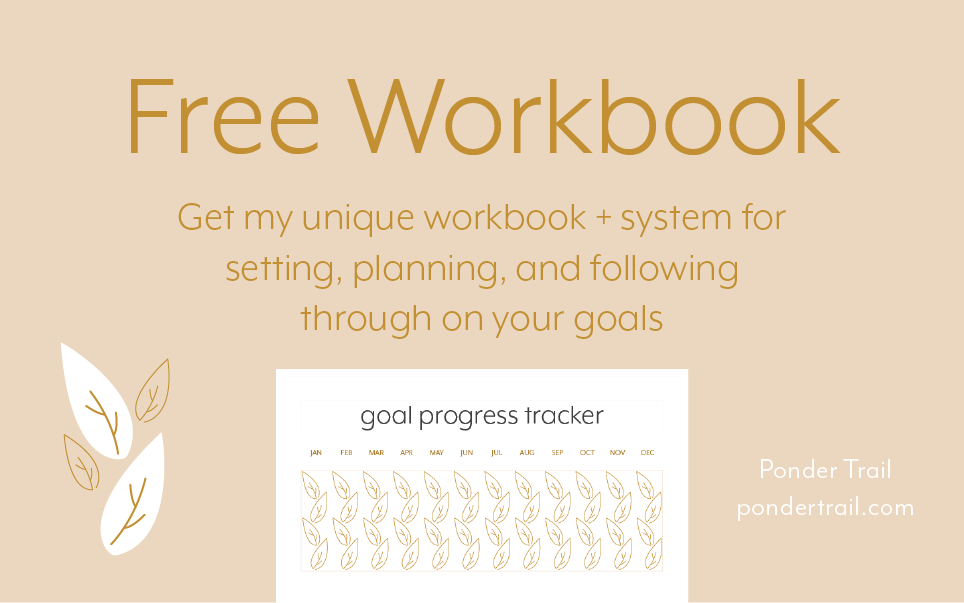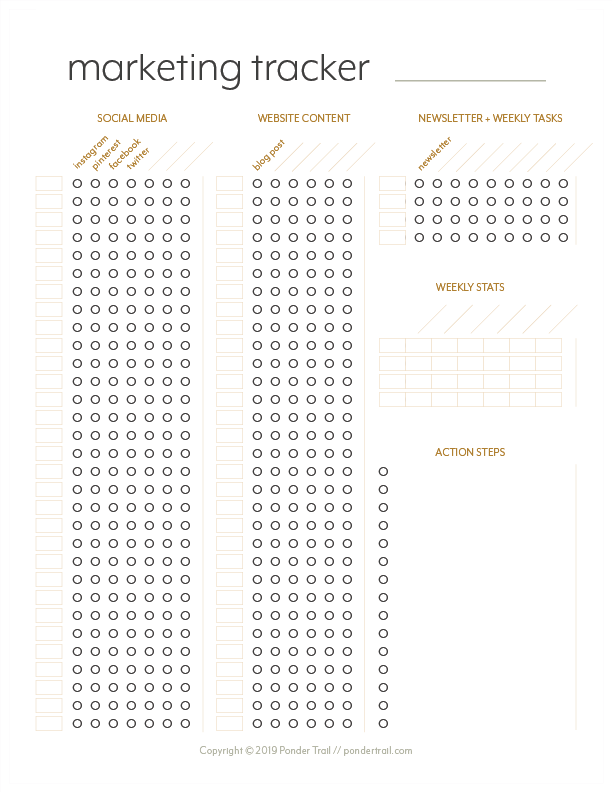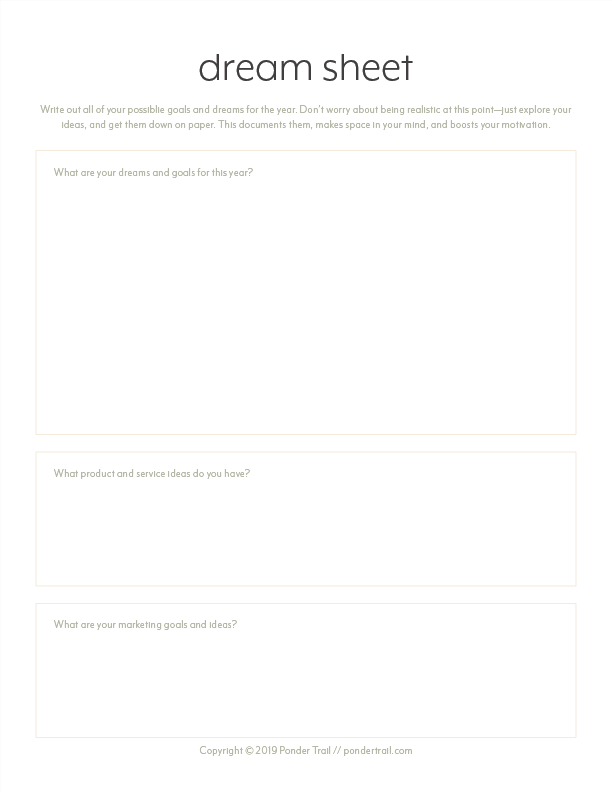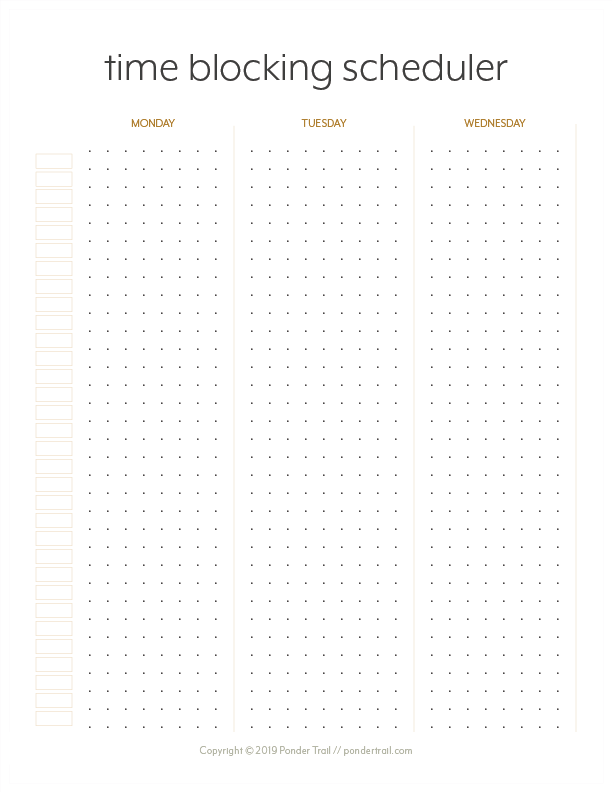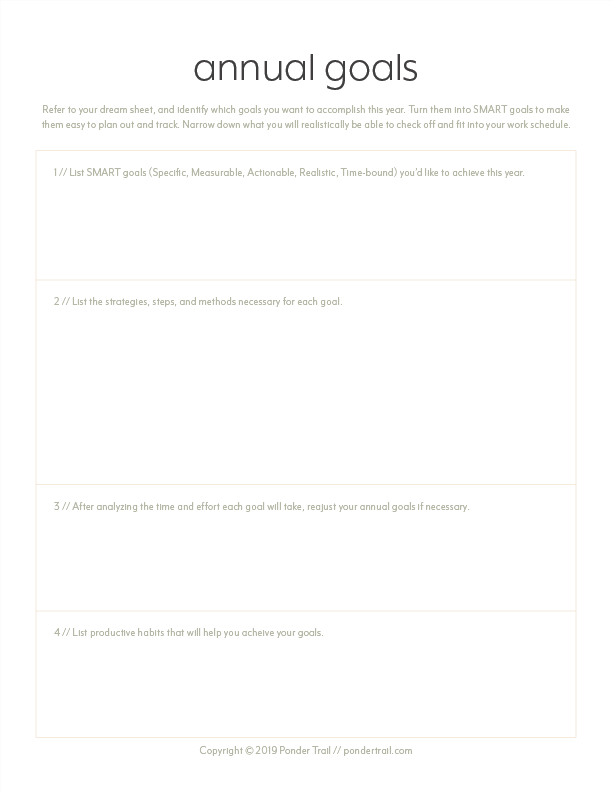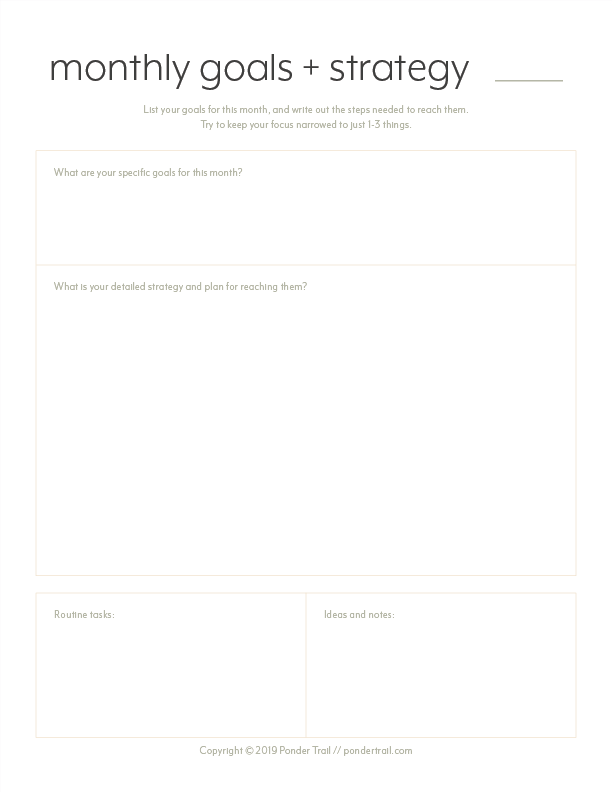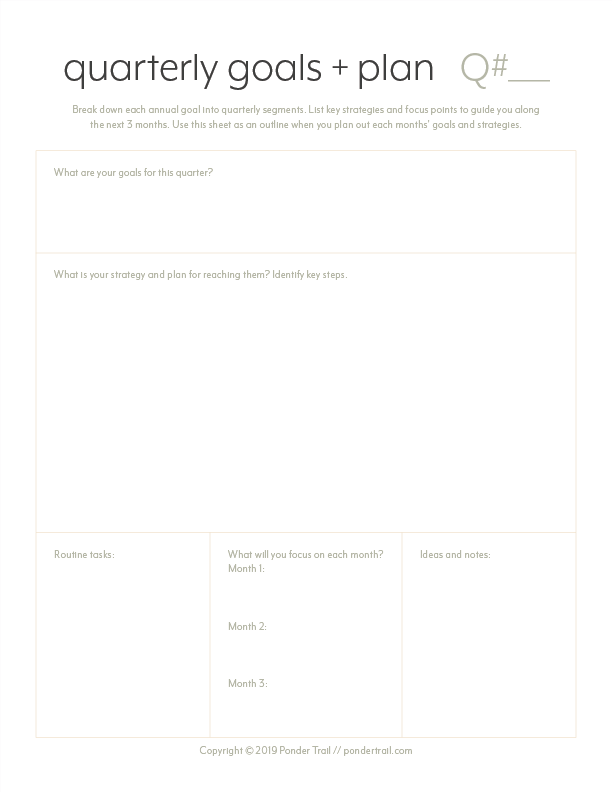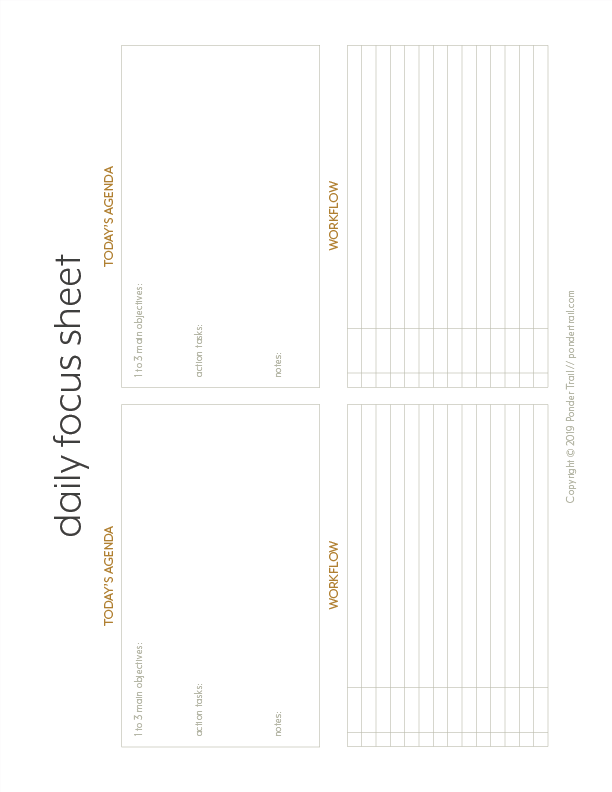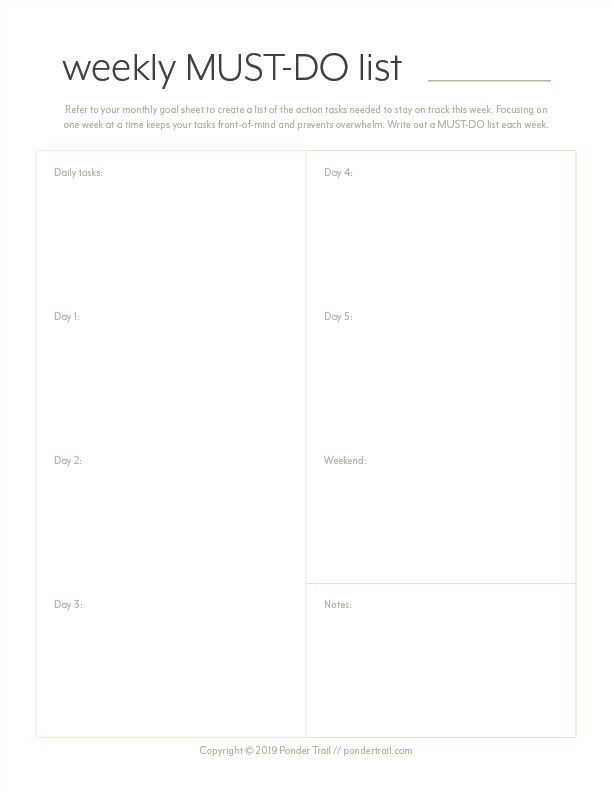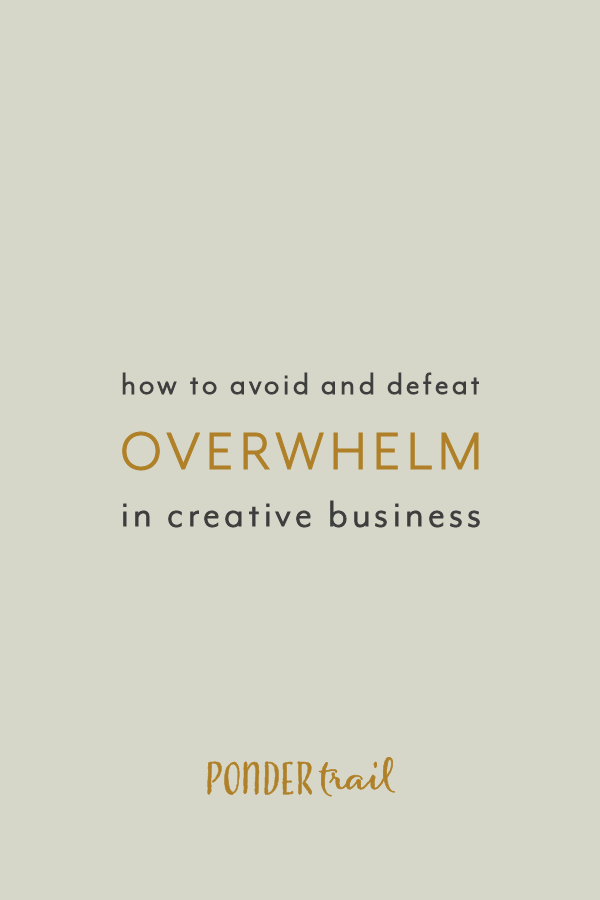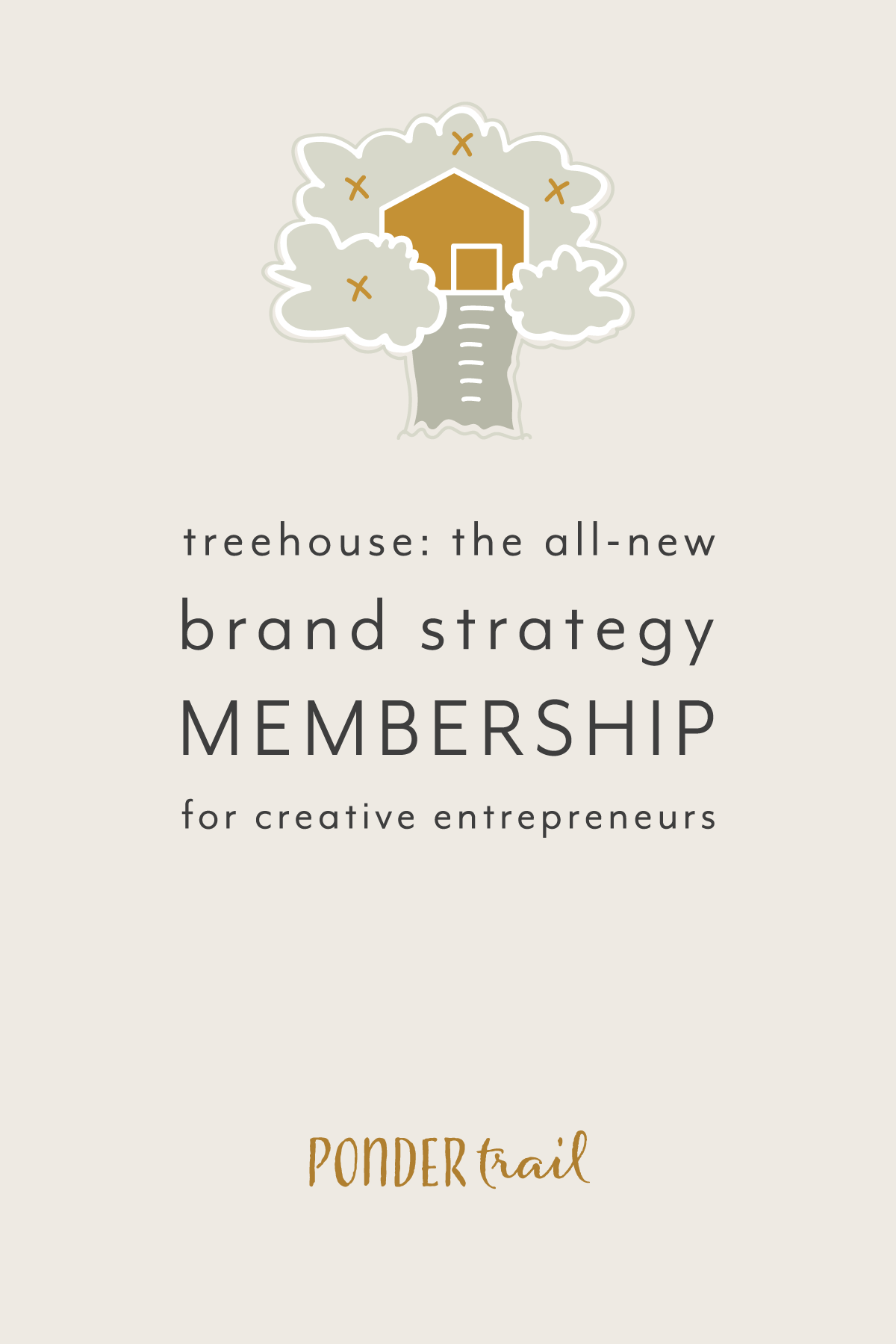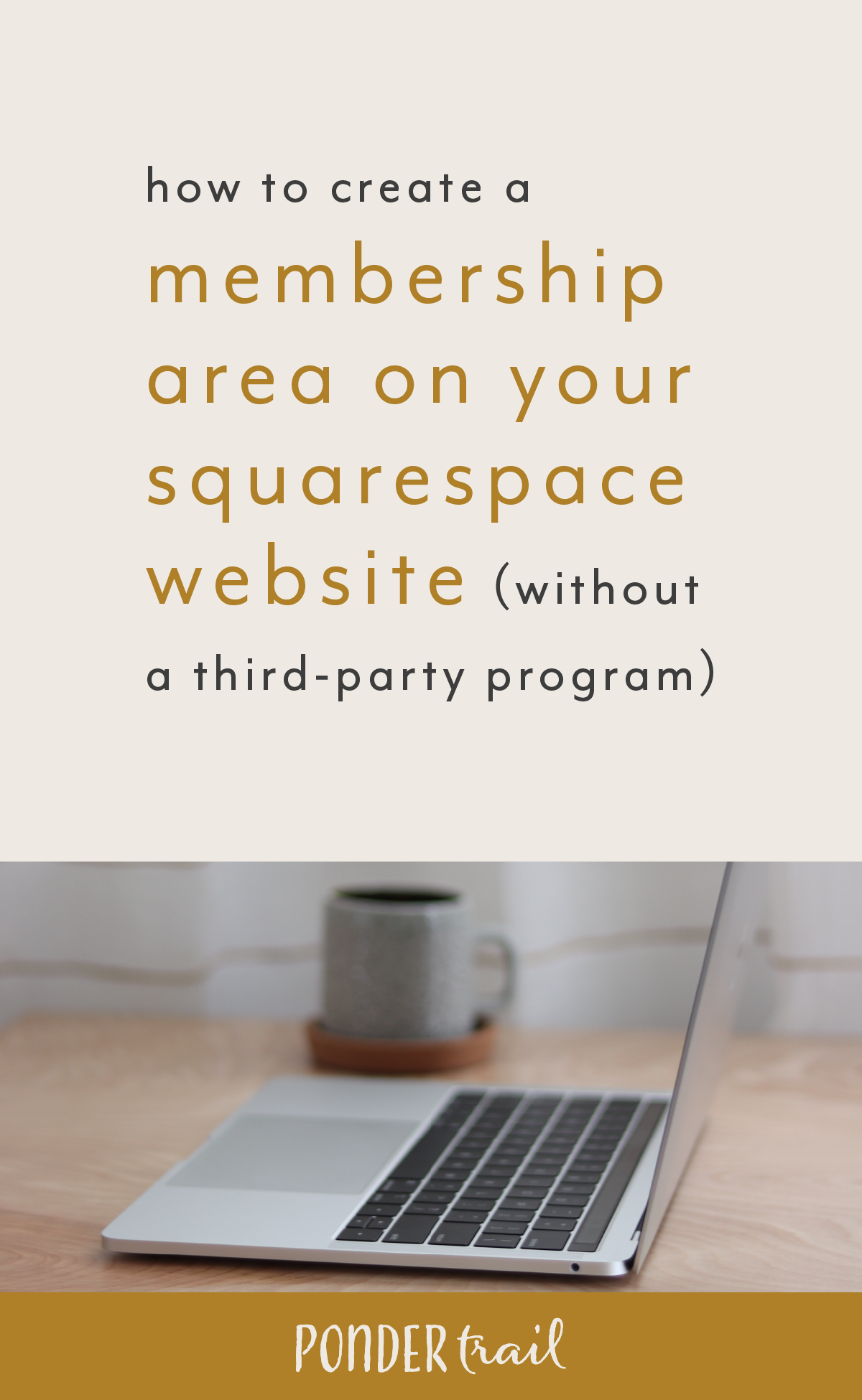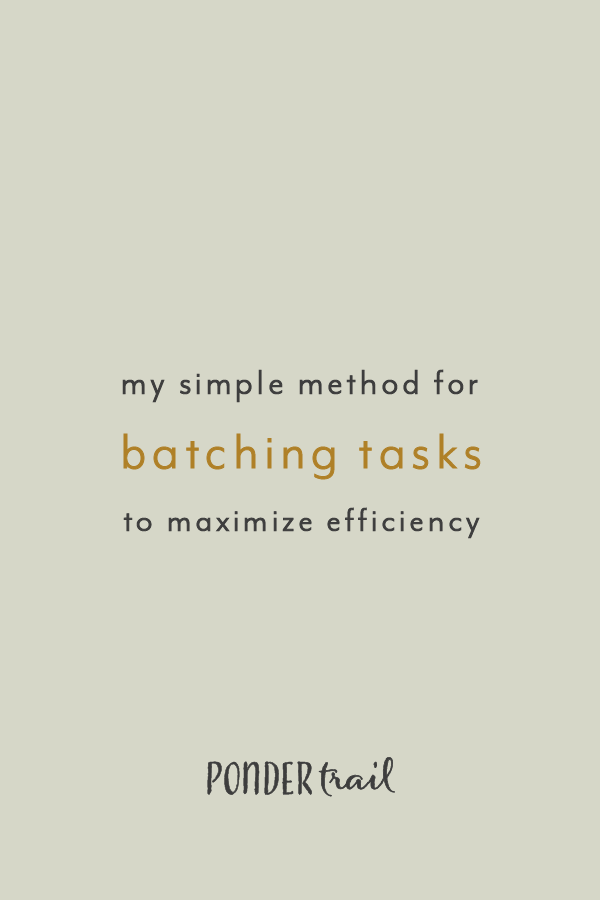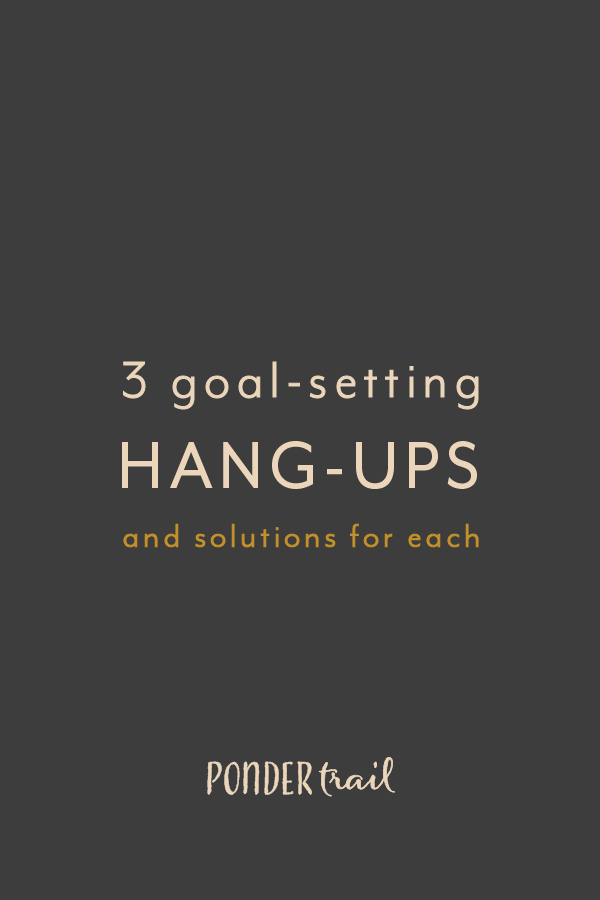The Top 2 Critical Strategies to Consider when Starting and Growing a Business
There’s so much noise online about what you need to do before you launch a business, but today I’m taking the stand and saying there’s a Top 2.
In fact, if I had known and followed them before I ventured out and launched my first business (a handmade knitwear company), these two strategies alone would have saved me from running around in time-wasting circles, and my business would have taken off much faster.
One of them is a fundamental, yet often unnoted step to ensuring your business doesn't dwindle away from you and fail due to a simple overlook.
The other is a new, growing need I’ve noticed in recent months and is a byproduct of the modern online business era. But I’m not sure how a business can survive in 2019 and onward without implementing this strategy.
While extremely effective, the are both simple methods to follow and only require a bit of creative brainstorming time with you, paper, and a pen.
So here’s what I would say if I could tell every creative entrepreneur only 2 things I wish I did when starting and growing a business . . .
Missed joining this one live? Register for next week’s Ponderstream webinar here.
watch the Ponderstream episode:
blog post recap + show notes:
1 // Create a business with a sustaining framework that aligns with your personal goals and life.
When you first jump in and start a business, it’s easy to get caught up with the first great ideas that come into mind. You’re likely eager to get going and set up shop.
However, your business needs to pair well with your life. And if you don’t take time upfront to make sure your business’s structure works with your personal lifestyle and goals, you could face major kinks down the road.
For example, maybe you have the perfect idea for a handmade product, and you decide to take the plunge. Before too long, however, you realize that you hardly have the time to do it all on top of the roles you already have and value in life. So you have to put your venture on hold or figure out a new plan and business model to make it work.
Instead of finding that out the hard way—and possibly running your business into the ground—you need a business with a structure that is a perfect fit for your everyday life and sustains alongside you.
What is a sustaining business framework? And what are the benefits?
A framework that does or does not align with your lifestyle will dictate the sustainability of your business. (Not in the sense of how much you recycle, but in terms of how long-lasting your business is.)
And choosing a sustaining business model will help prevent you from becoming burnt out, forced to shift gears, or deciding you never wanted this business in the first place.
So it’s best practices to figure out a strategic framework ahead of time to rule out possible trouble.
How to create a sustaining framework.
First, start with your values. Next, move onto your personal dreams and goals that support those values. Then, brainstorm and come up with a list of business ideas that have a model that can make those goals happen or can at least work well alongside your daily life. Finally, sift through all of your possible options, and choose a structure that is a perfect fit.
When you start with what’s most important to you (your personal values), it’s much easier to end up with a brand and framework idea that aligns with your life and is sustaining. So I always recommend focusing on that if you get stuck in any stage of business. It helps create a brand that is true to your unique gifts and talents and something you are passionate about.
Note:
If you’re still in the planning stages, intentionally create and build your business model as soon as you can.
And if you’ve already started your business, you can rebuild and refine your current business model, if necessary. Consider building hype around your new idea with a fun launch to get your current followers excited about the change. Or consider honing in on a new audience if it will better suit your new idea.
P.S. If you’d like help creating your sustaining framework, I’d love to work with you! Check out my Brand Strategy Workshop where we dive into your business to hone in on a foundation and structure for your business that works perfectly for your life and goals.
2 // Create a specialization for your business within your niche and industry.
If you’ve ever searched for tips on starting a business, you’ve probably come across the term “niche.”
Phrase like “find your niche” and “create your niche” seem to have lit up the pages on the interwebs. I often talk about honing your niche here on the Ponder Trail blog, too.
The idea of finding your niche basically means to carve out a little corner of the creative business world by doing something unique that stands out and differentiates you from other brands.
However, I think of this strategy a little bit differently.
I say that finding a niche isn’t actually enough if you’re hoping to create a one-of-a-kind brand. This is especially since the creative business world has become a crowded space in the last several years. And so have the niches.
Instead, to have a brand that truly stands out from all of the others, you have to go one step further.
You have to specialize within your niche.
What is specializing? And what are the benefits? Specializing + its benefits.
Specializing develops, enriches, and defines your brand. It’s where you take the main element or focus of your business and put your own spin on it to make it your own. It pairs down on everything your brand includes in order to emphasize a distinct feature (or set of features). This specialization becomes intertwined with the core of your brand’s identity and is what people remember and talk about your business.
Specializing transforms your brand into something unique that no other business can offer. It creates a space where you have the potential to become an expert in not only your field, but in your niche as well.
The deeper your specialization goes, the closer your brand will come to being truly unique and one-of-a-kind. And the easier it will be to diminish all competition. So the benefits are monumentous.
How to create a specialization.
Everyone has something original to bring to the table. If you can hone in on what that is, you’ll be well on your way to developing a specialization.
Once you have a few ideas for what you do differently or better than others in your industry, figure out how to position your business around those unique elements. Whether you offer a product or a service, incorporate that special angle to the point where it becomes the foundational specialization of your business.
Tip: Sometimes it’s easy to overlook details that are unique to you simply because you’re used to doing them a certain way. So if you get stuck, consider asking a friend or family member who knows you well and is familiar with your talents. They might be able to point out a few things about what you do that stand out to them.
P.S. If you’d like help creating your specialization, I’d love to work with you! Check out my Brand Strategy Workshop where we dive into your business to hone in on a focus and how to stand out. You’ll walk away with a step-by-step plan to follow, too.
So there you have my top 2 critical strategies for starting and growing a creative business. They can help ensure your brand will thrive and be one-of-a-kind.
Have you considered implementing either of them? Comment your thoughts below! I would love to hear from you!
